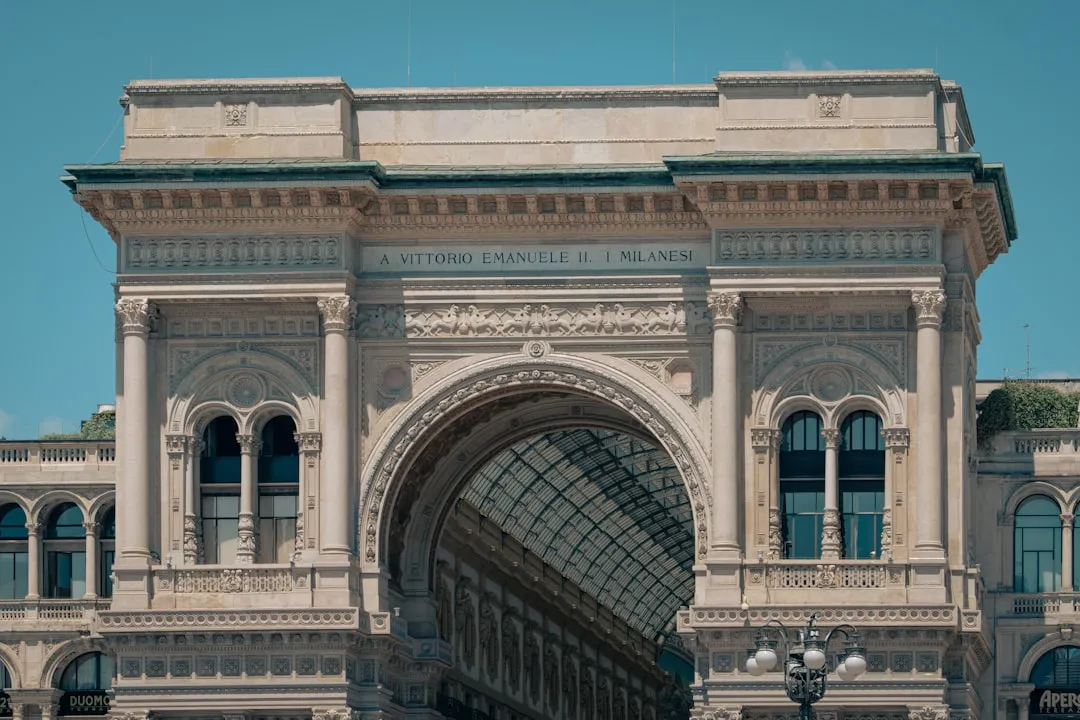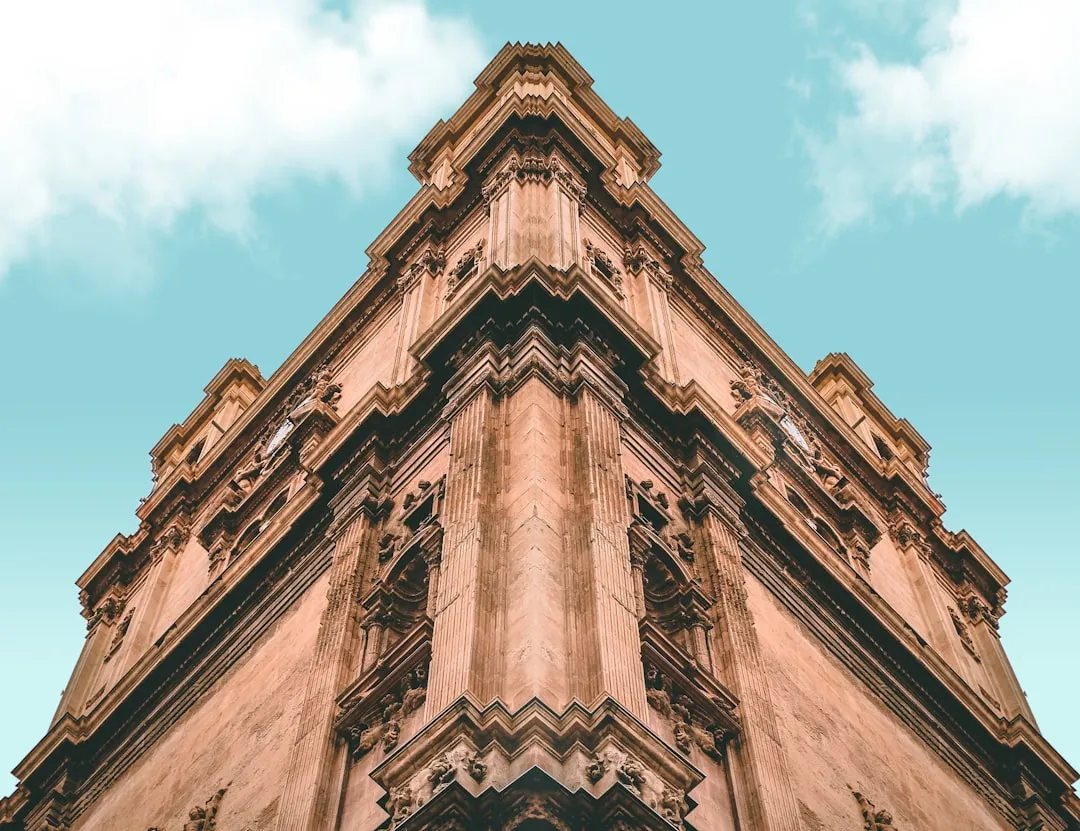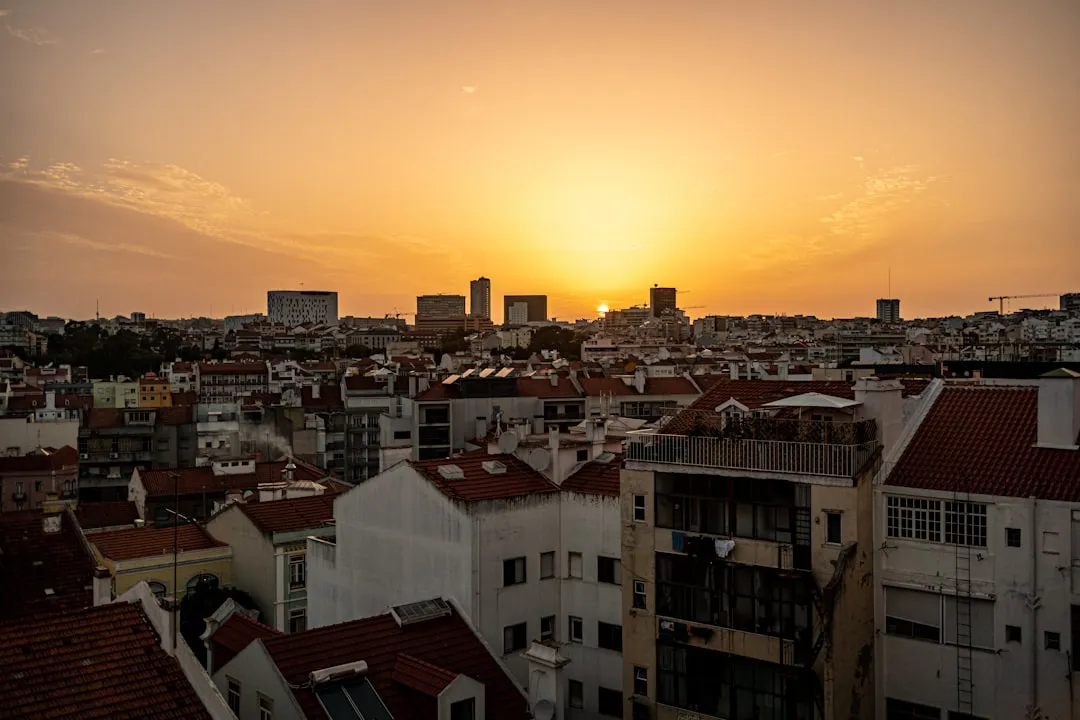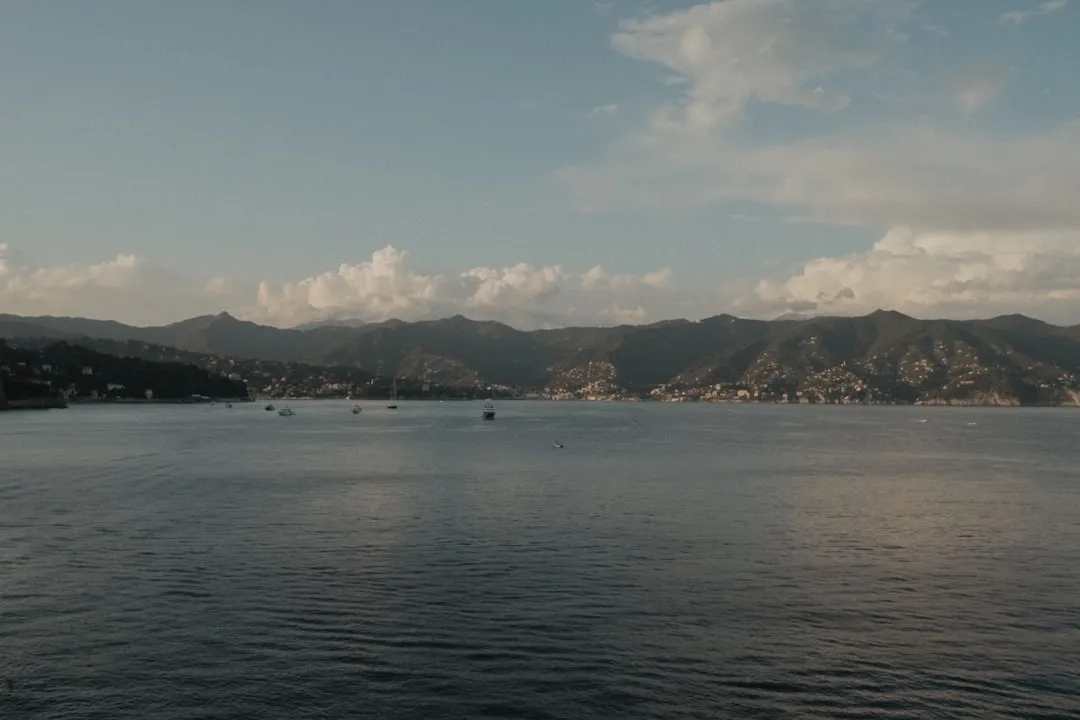Italy has long been synonymous with romance, culture, and breathtaking landscapes. Whether it’s a rustic villa nestled in the Tuscan hills, a historic apartment in the heart of Rome, or a seaside retreat on the Amalfi Coast, the allure of owning a home in Italy is undeniable. But what does it take to find and purchase your dream property? Let’s dive into a comprehensive guide to homes for sale in Italy, covering everything from market trends to legal tips.
Why Buy a Home in Italy?
Italy offers an unparalleled lifestyle that blends rich cultural traditions, world-renowned cuisine, and stunning natural beauty. Owning a property here means not only enjoying all that Italy has to offer but also making a sound investment in a stable and sought-after real estate market.
Key Benefits:
- Diverse Property Options: From countryside villas and historic palazzos to modern city apartments.
- Affordable Options: Certain regions like Abruzzo and Calabria offer homes at surprisingly low prices.
- Lifestyle Perks: Proximity to art, history, and some of the world’s most iconic destinations.
Popular Regions for Buying Property in Italy
Italy’s real estate market is as diverse as its geography. Here are some of the top regions to consider:
1. Tuscany
Known for its rolling hills, vineyards, and charming medieval towns, Tuscany is perfect for those seeking a countryside retreat. Properties here range from luxury villas to quaint farmhouses.
2. Amalfi Coast
Dreaming of a home with a view of the Mediterranean? The Amalfi Coast offers stunning seaside villas and apartments, ideal for vacation homes or investment properties.
3. Sicily
For budget-conscious buyers, Sicily presents an attractive option with its affordable homes and beautiful landscapes. The €1 home schemes have also put Sicily in the spotlight.
4. Lake Como
Famed for its luxury homes and celebrity residents, Lake Como is the epitome of elegance and tranquility.
How to Buy a Home in Italy as a Foreigner
Foreigners can purchase property in Italy without major restrictions, but the process involves several key steps. Here’s what you need to know:
1. Get a Codice Fiscale
This is a tax identification number required for all legal and financial transactions in Italy. You can apply for one through the Italian tax office or your local consulate.
2. Understand the Costs
- Purchase Taxes: Vary based on whether the property is your primary residence or a second home.
- Notary Fees: Typically range from 2-5% of the purchase price.
- Agency Fees: Real estate agents often charge a commission of 3-5%.
3. Hire Professionals
It’s advisable to work with a bilingual real estate agent, a notary, and a lawyer familiar with Italian property law.
4. Secure Financing
Italian banks offer mortgages to non-residents, though the approval process can be stringent. Ensure you have a clear financial plan in place.
Investment Opportunities in Italy’s Real Estate Market
Italy’s property market offers diverse opportunities for investors:
- Vacation Rentals: Properties in tourist hotspots like Florence or Rome can generate high rental yields through platforms like Airbnb.
- Renovation Projects: Affordable homes in rural areas can be restored and flipped for profit.
- Long-Term Rentals: Cities with a large expat or student population, such as Milan, are ideal for steady rental income.
€1 Home Schemes: A Unique Opportunity for Aspiring Homeowners
In recent years, Italy has introduced the €1 home schemes, especially in rural regions like Sicily and Abruzzo, as a way to revitalize neglected villages and towns. These homes, often dilapidated, are sold for as little as €1, but there are important conditions to consider.
How the €1 Home Schemes Work
- Property Condition: Homes in these schemes are typically in need of extensive renovation. Buyers must commit to restoring the property within a set time frame, usually 3 years, to avoid penalties.
- Renovation Costs: While the homes may be sold for €1, the cost of renovation can be substantial. Expect to spend anywhere from €20,000 to €50,000 or more, depending on the property’s condition and size.
- Deposit and Fees: Buyers are often required to pay a refundable deposit to guarantee that they will complete the renovations. This deposit is returned once the work is finished. Additionally, buyers must cover notary fees, taxes, and other legal expenses.
- Residency Requirement: In some cases, buyers are expected to live in the village for a certain number of years to contribute to the community’s growth.
These schemes offer a unique chance to own a piece of Italy at a very low price, but they require a commitment to restoring the property and integrating into local life.
Architectural Styles to Fall in Love With
Italy’s homes are as charming as its culture. Here are a few unique architectural styles:
- Trulli in Puglia: Distinctive whitewashed stone huts with conical roofs.
- Farmhouses in Tuscany: Rustic stone buildings surrounded by vineyards.
- Palazzos in Venice: Historic residences with intricate facades and canal views.
Tips for Finding Your Dream Home
- Research Regions: Visit multiple areas to determine what fits your lifestyle and budget.
- Work with Local Experts: Italian real estate agents have in-depth knowledge of the market.
- Check Listings Online: Websites like Immobiliare.it and idealista.it are excellent starting points.
- Attend Property Viewings: Photos can be deceiving, so always see the property in person.
- Understand Renovation Costs: If buying an older property, factor in the cost of repairs.
Start Your Italian Property Journey Today
Whether you’re searching for a vacation home, an investment property, or a place to retire, Italy has something for everyone. Begin your journey by exploring homes for sale in Italy and consulting with local experts to make your dream a reality.
Ready to find your perfect Italian home? Check out listings today and take the first step toward living “La Dolce Vita.”
FAQs
- Can I buy property in Italy as a foreigner? Yes, foreigners can buy property in Italy without any restrictions, as long as their home country allows Italians to purchase property there.
- Do I need an Italian bank account to buy property? While it's not required, having an Italian bank account can simplify the process, especially when it comes to transferring funds for the purchase.
- What is a Codice Fiscale and how do I get one? A Codice Fiscale is a tax identification number that you’ll need for any legal or financial transaction in Italy. You can apply for one at the local tax office or through the Italian consulate in your home country.
- What are the additional costs of buying property in Italy? Besides the purchase price, you’ll need to account for notary fees, agency commissions, property taxes, and potential renovation costs if you're buying an older property.
- Can I get a mortgage as a foreigner? Yes, many Italian banks offer mortgages to non-residents, but the terms can be stricter compared to residents. Typically, you’ll need to prove your income and have a substantial down payment.
- What are the legal steps to buying property in Italy? You’ll need to sign a preliminary agreement, pay a deposit, and finalize the purchase at the notary’s office. It’s advisable to have a lawyer and a bilingual real estate agent to guide you through the process.
- What is the difference between buying a property as a second home vs. a primary residence? If you buy property as a second home, taxes and fees might be higher than if you buy a primary residence. Additionally, different regions have varying tax rates.
- What are the most popular regions for foreigners to buy property? Tuscany, Sicily, the Amalfi Coast, and Lake Como are among the most popular areas for foreign buyers, offering beautiful landscapes, rich culture, and excellent investment potential.
- What is the €1 home scheme? The €1 home scheme allows buyers to purchase properties for €1 in certain rural villages in Italy. However, these homes usually require extensive renovations, and buyers must commit to completing the work within a specific timeframe.
- Can I rent out my Italian property? Yes, you can rent out your property, and many areas with high tourism demand, like Florence or Rome, can generate high rental yields. You can also explore long-term rentals or vacation rentals through platforms like Airbnb.




